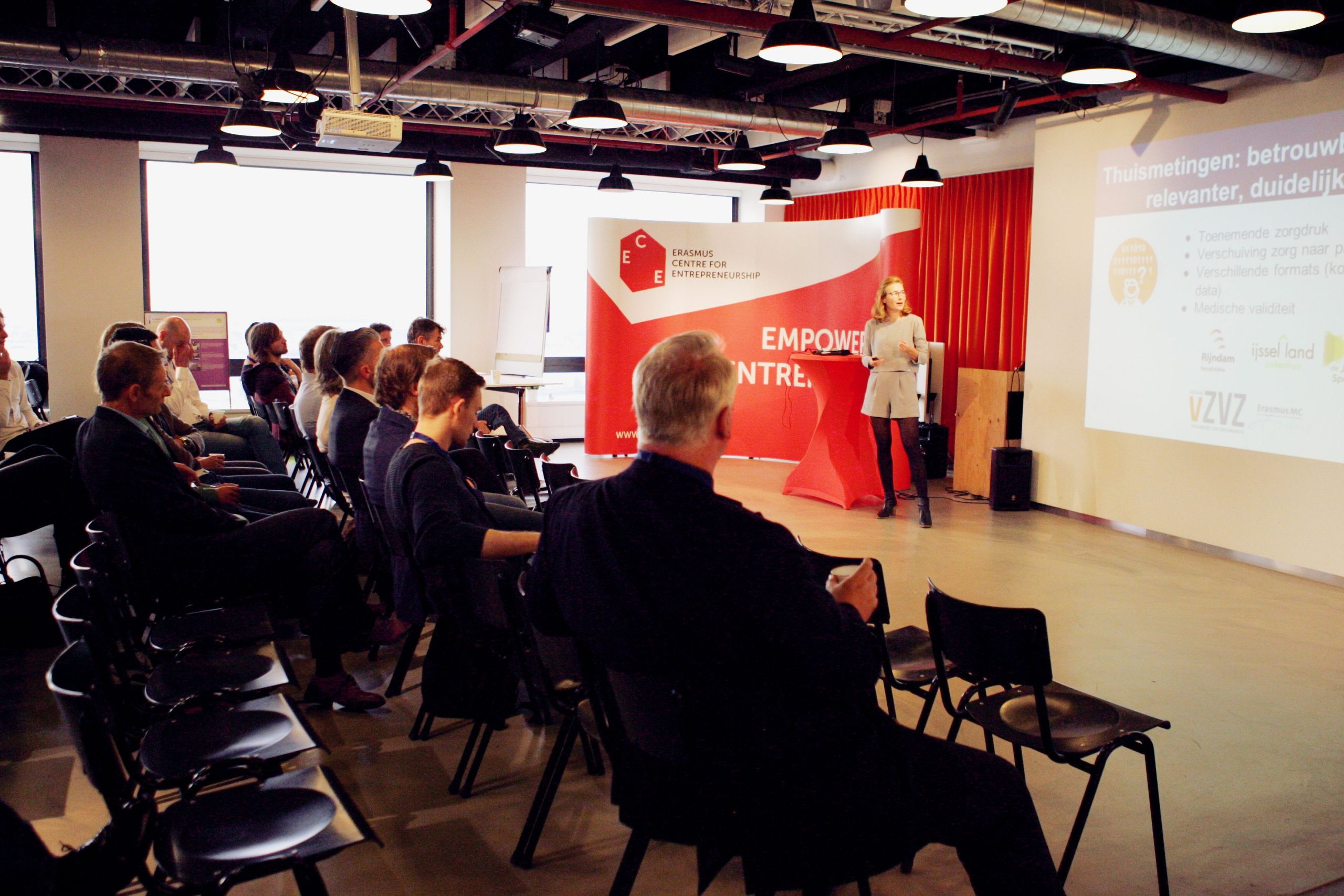What do the circular economy and improving the Dutch healthcare system have in common? They are the focus areas of the SMO Promovendi Programme, that helps PhD candidates develop transferable skills while they work to solve societal challenges.
The programme is an initiative of The Dutch Foundation for Society and Enterprise (SMO). It brings together people from academia, science, business, and government to tackle challenges by thinking differently.
The idea is that multi-disciplinary, cross-generational teams can contribute different perspectives and innovative solutions to real-world issues. During a one-year voluntary commitment, PhD candidates become part of projects relating to either Healthcare & Wellbeing or the Circular Economy.
For example, one of the SMO Promovendi initiatives, called Zorg41, aims at “future-proofing” the healthcare system in the Netherlands. Healthcare providers are facing challenges of being more efficient in an increasingly complex environment. By bringing together the different stakeholders, Zorg41 is addressing issues like how an ageing society impacts health services and how to ensure healthcare workers adapt to rapidly changing technologies.
Awaz Ali
TU Delft PhD candidate Awaz Ali (Faculty of Mechanical, Maritime & Materials Engineering) joined the SMO Promovendi programme last year. With her research focused on designing steerable instruments for complex heart interventions, she said she made the decision based on her long standing interest in doing something for society.
After talking to a colleague who had participated previously, she joined the healthcare track. “I got interested immediately and was excited about the idea of working together with people from different disciplines on topics that were relevant to the society in a more direct way than the PhD is,” she said.
Awaz said that she gained a lot from the experience. The programme allowed her to work with and learn from people with a similar scientific mindset but from completely different disciplines. “I gained insight in some of the problems that we as a society face at the moment and learned to look at them from different perspectives,” she said. “And most of all, a new feeling and knowledge were born that taught me that we as the young generation and future of this country must take action now if we want to see change.”
Coaching and training
Participants spend about ten hours per month contributing to various team projects outside of their normal PhD research. The programme then offers coaching and training by experts and entrepreneurs as well as experiences that develop transferable competences and skills. Participants may earn up to ten Graduate School credits. For more information contact the TU Delft Graduate School or click here.



Comments are closed.